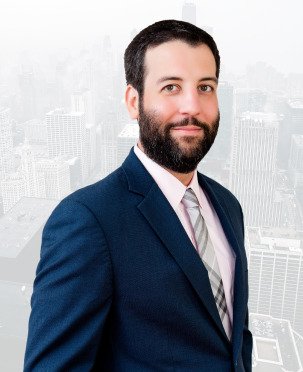
Law firms practicing in Florida have largely accommodated to the difficulties of social distancing. Some firms are even advertising the new social distancing, remote conferencing and other methods of preventing COVID-19 spread due to contamination from corona virus.
The Courts have adapted by implementing social distancing policies and canceling or postponing most hearings and procedures which require litigants, jurors and court personnel to gather in close proximity. Jury trials, grand jury proceedings and, in many cases, face to face hearings have therefore been cancelled or continued until safer times.
It would be dangerous, however, to assume that trial and appellate proceedings will automatically be extended due to the difficulties of litigating during the pandemic.
So, while many Federal and State Courts have entered orders generally changing deadlines for filing appeals, litigators must be aware that absent an order of general applicability, courts will not automatically extend deadlines absent specifically alleged details as to why corona virus is contributing to or causing the need for extension said to be needed. These decisions are fact based on the particular circumstances of a given case.
Judges are not, however, willing to allow “litigation to grind to a halt”, as that would only “exacerbate … the detrimental effects of the crisis” (Horning v. Resolve Marine Group 1S.D. Fla. Mar 30 2020)
In Horning, the parties filed a joint motion to continue a workman’s compensation case because the accident victim had not reached maximum medical improvement. This, argued the parties, was preventing experts from determining the victim’s permanent injury and degree of disability. The court denied the motion, stating that experts would be able to come to opinions, from review of records of treaters and examination of the victim.
The parties then moved for reconsideration of the court’s order denying continuance saying, that the proceeding should be continued due to “significant change of circumstances due to newly imposed difficulties directly imposed by COVID-19”.
The Court denied the motion for reconsideration stating itself to be “empathetic with the difficulties the parties and attorneys are now facing with respect to the orderly litigation of their cases. However, the court ruled, there are still many aspects of litigation that can continue remotely and while maintaining social distancing despite the circumstances.”
The Court went on to make it clear that in absence of general court orders addressed to specific areas of practice, there would be no blanket approval of continuance motions based simply on difficulties presented by COVID-19.
Instead litigants would be required to file a motion for extension of time of particular deadlines specifically tailored to the facts and circumstances of the litigation. Other parts of the litigation that could be accomplished would not be stayed or extended.
Extensions of discovery and other deadlines continue to be available for problems specifically caused by the pandemic, but only as the facts and history of any specific case dictate. Parties should generally comply with all time limits or, if applicable, should plead for very specific relief supported by the specific circumstances of the case.
Based on Horning, it appears wise for movants for a continuance not only to factually justify motions for continuance with the specific circumstances of their cases, and to state how they are otherwise dealing with potential delays to litigation posed by COVID-19. Requests generally for delays due to the difficulties posed by the Pandemic without specific application to a specific circumstance of the case will likely be denied.
At Nonni Homola, we are dedicated to providing the best legal counsel in the Tallahassee area. If you have suffered a personal injury, please do not hesitate to get in touch with us today!

